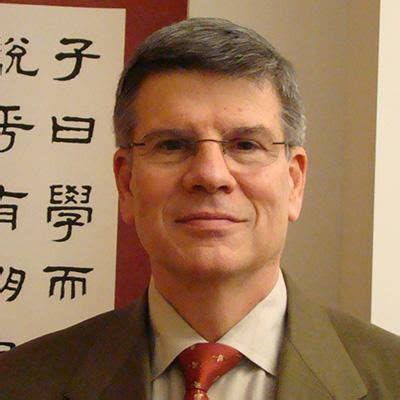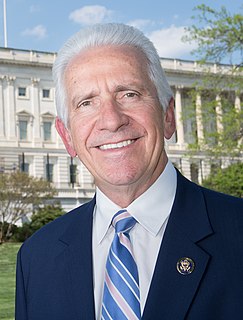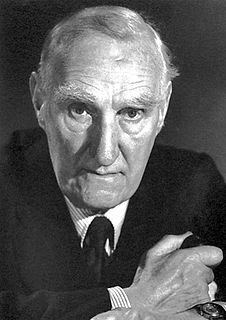A Quote by William C. Kirby
So, anything that avoids a conflict that could draw in, unhappily again, outside powers such as the United States or revisit, for example, Japan's interests in the Taiwan area would be the last thing that anyone would want.
Related Quotes
In the short term, it would not have made it possible to resume relations, because in the Chinese mind, the humiliation of China started with the annexation of Taiwan by Japan. If the United States had suddenly declared Taiwan as a separate state - for which we would have had no support among other nations - the consequences would have been giving up our relationship with China and committing ourselves to a long-term conflict with China.
If we really care about safety we would close down WikiLeaks. We would treat the people at WikiLeaks as enemy combatants. We would declare that the kind of thing this private did is treason. WikiLeaks is not a fun and games event. WikiLeaks undermines profoundly the ability of the United States to work around the world. Why would you, if you were a foreigner thinking about helping the United States, why would you confide anything to an American when you know that it could end up in The New York Times based on some leak?
Of course, in principle, they're against it. We are the ones that keep asking them what they think about it. I think their basic concern is a land-based missile defense of Taiwan hooked into the American communications and other systems, which in effect would make Taiwan then an outpost of the United States. That is a concern they frequently express. A missile defense shield of the United States, while they may not like it, it is not a big obstacle to our relationship.
It would reduce the whole instrument to a single phrase, that of instituting a Congress with power to do whatever would be for the good of the United States; and as they would be the sole judges of the good or evil, it would be also a power to do whatever evil they please . . . . Certainly no such universal power was meant to be given them. It [the Constitution] was intended to lace them up straightly within the enumerated powers and those without which, as means, these powers could not be carried into effect.
Literally minutes before the Senate cast its vote, the administration sought to add the words 'in the United States and' after 'appropriate force' in the agreed-upon text. This last-minute change would have given the president broad authority to exercise expansive powers not just overseas-where we all understood he wanted authority to act-but right here in the United States, potentially against American citizens. I could see no justification for Congress to accede to this extraordinary request for additional authority. I refused.
We had the clip of [Donald] Trump saying: I'm not president of the globe. I'm president of the United States.[Ronald] Reagan would have never said that. [Dwight] Eisenhower would have never said that, because he would have said, yes, I'm president of the United States, but it's in our interests to be securing a world order.
Allowing an independent and sovereign Iraq could be a nightmare for the United States. It would mean that it would be Shi'ite-dominated, at least if it's minimally democratic. It would continue to improve relations with Iran, just what the United States doesn't want to see. And beyond that, right across the border in Saudi Arabia where most of Saudi oil is, there happens to be a large Shi'ite population, probably a majority.
Why is Caterpillar bad if we create a new job in India or China to receive U.S. exports? It makes no sense to me. We want to drive all the exports we can from the United States. We want to concentrate on all those consumers, outside contractors, customers outside the United States that we possibly can.
The ongoing war in Afghanistan is being imposed on us, and Afghans are being sacrificed in it for someone else's interests. We are not blocking the interests of the United States or other major powers. But we are demanding that if you consider Afghanistan the place from which to advance your interests, then you should also pay attention to Afghanistan's interests.
Had the United States and the United Kingdom gone on alone to capture Baghdad, under the provisions of the Geneva and Hague conventions we would have been considered occupying powers and therefore would have been responsible for all the costs of maintaining or restoring government, education and other services for the people of Iraq.



































